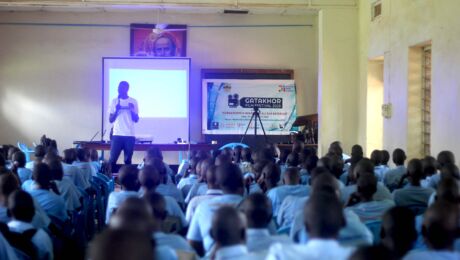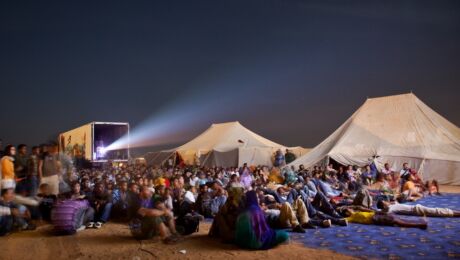Get to Know Our New Grant Recipients
Our grant programme is proud to champion another 10 extraordinary projects this year, each showcasing the power of cinema to connect, inspire, and transform. From an environmental film festival in Colombia to a mobile cinema tour bringing stories to life across Myanmar, and even a floating film festival navigating the heart of the Amazon in Ecuador. 21 November, 2024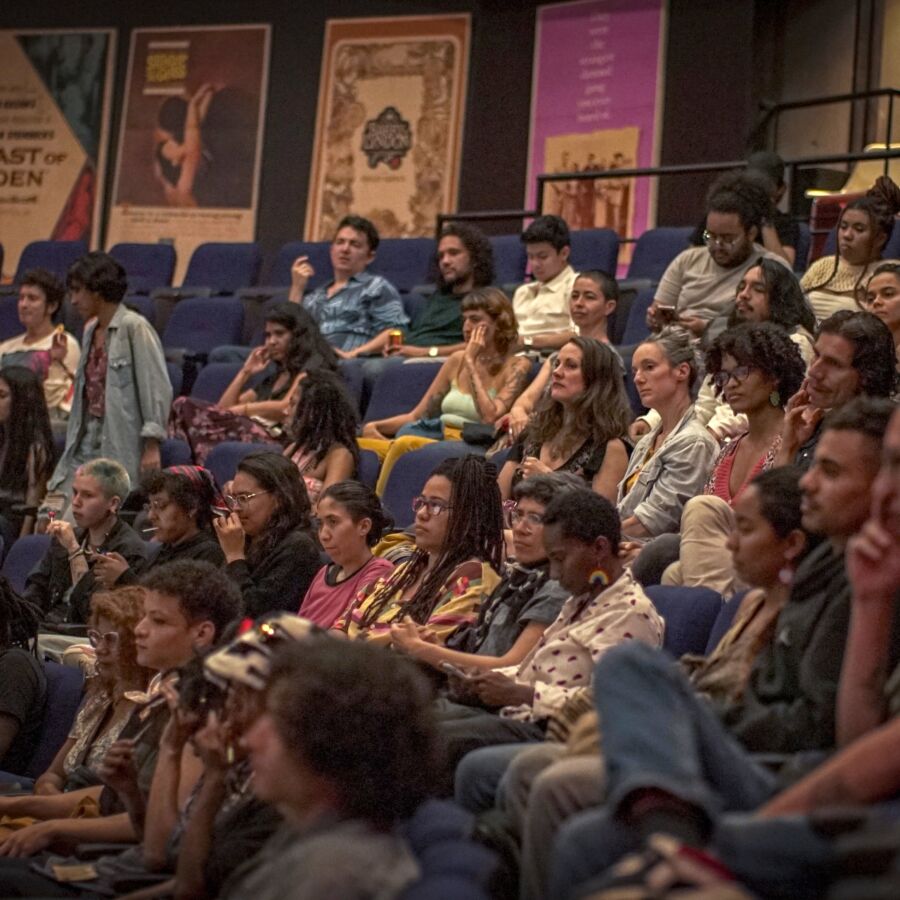
To promote the screenings of human rights cinema worldwide, Movies that Matter offers grants to human rights film events in Africa, Asia, Latin America, the Middle East and Eastern Europe, especially in countries with limited resources and where freedom of press is at stake. These events can take various forms, such as human rights film festivals, LGBTQIA+ film festivals and mobile cinema projects. Explore the amazing initiatives from this year’s second application round below.
Do you organise similar events and are you still looking for funding? Subscribe to our newsletter or follow us on Instagram to stay up to date when the next call for project proposals opens.
-
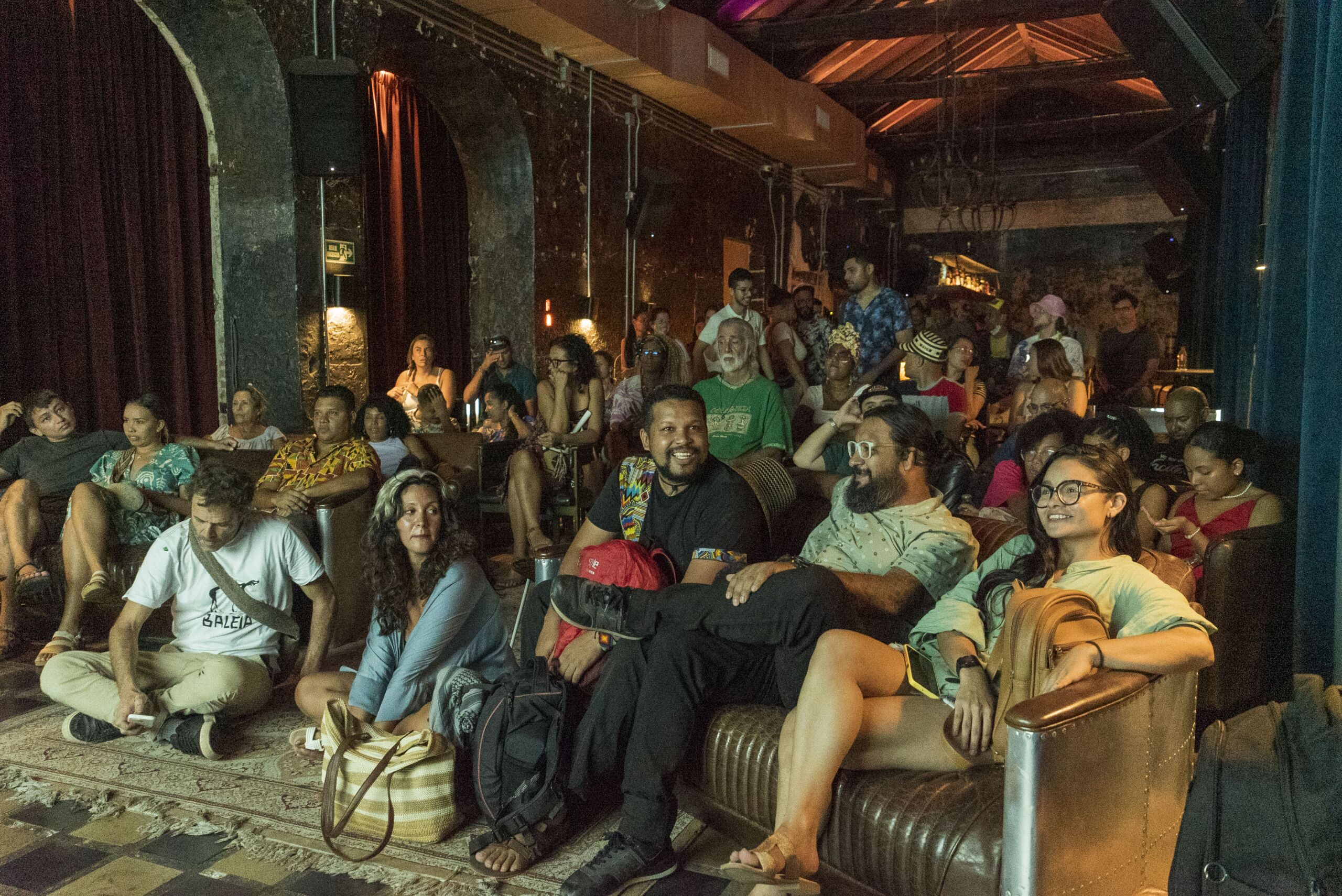
MUICA African Film Festival
Colombia | 1 - 30 May 2025
The 6th edition of the biennial MUICA African Film Festival will take place in three Colombian cities: Cartagena, Bogotá, and Cali. The festival will feature a selection of 20-30 films, including works from various African regions, non-African filmmakers, and the African diaspora. This upcoming edition marks an expansion to two additional coastal cities, Buenaventura and Tumaco. Additionally, new partnerships with festivals in Kenya and Senegal will provide access to films from these regions. The festival will attract an estimated 8,000 visitors in total.
-
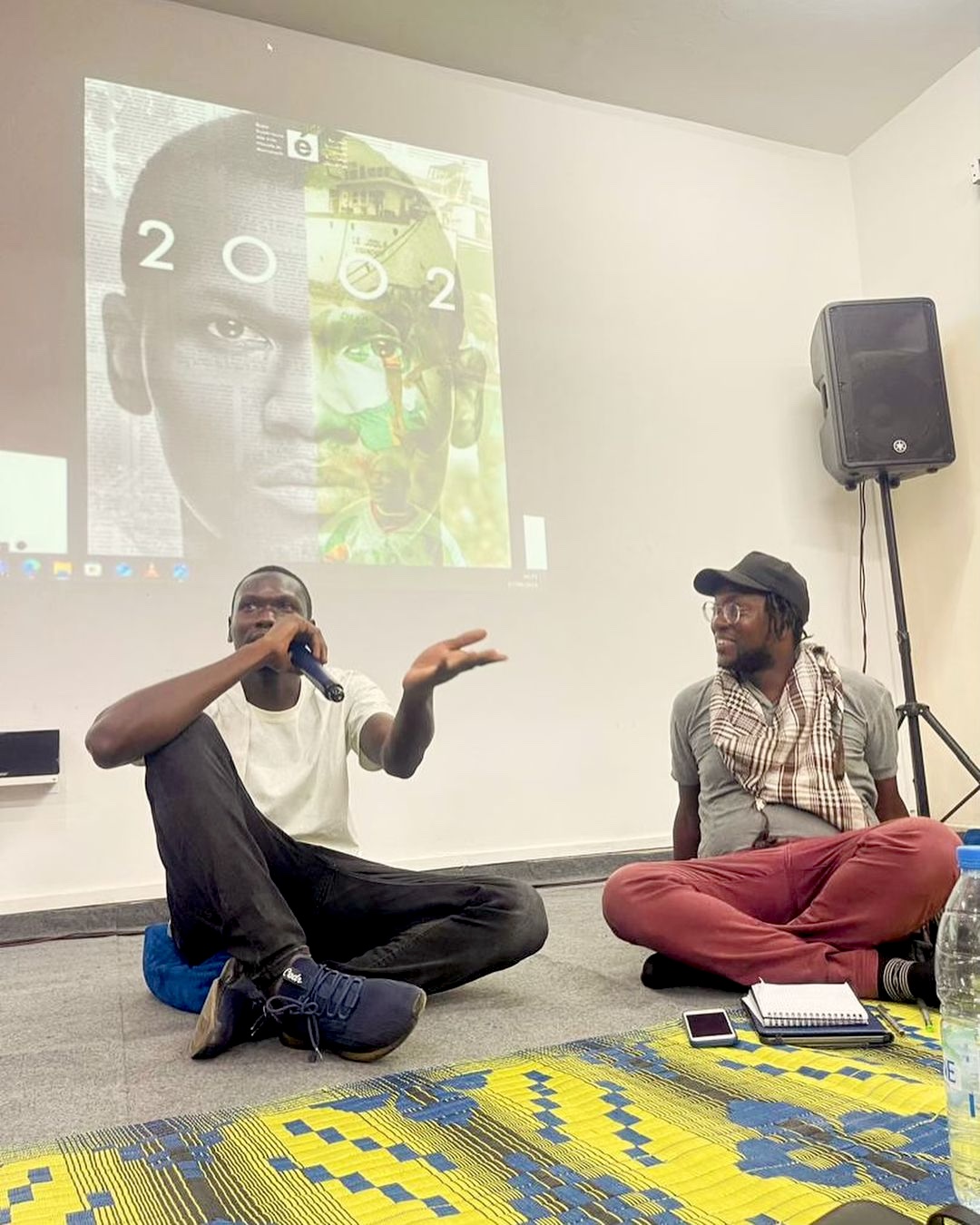
Les Rendez-vous du Vendredi
Senegal | January - August 2025
Les Rendez-vous du Vendredi is a weekly initiative organised by the Centre Yennenga to reinvigorate film culture in Senegal and reconnect audiences with African cinema. Each screening is accompanied by engaging activities such as interactive discussions, practical workshops, and open debates. The initiative is estimated to attract 1,800 visitors in total.
-
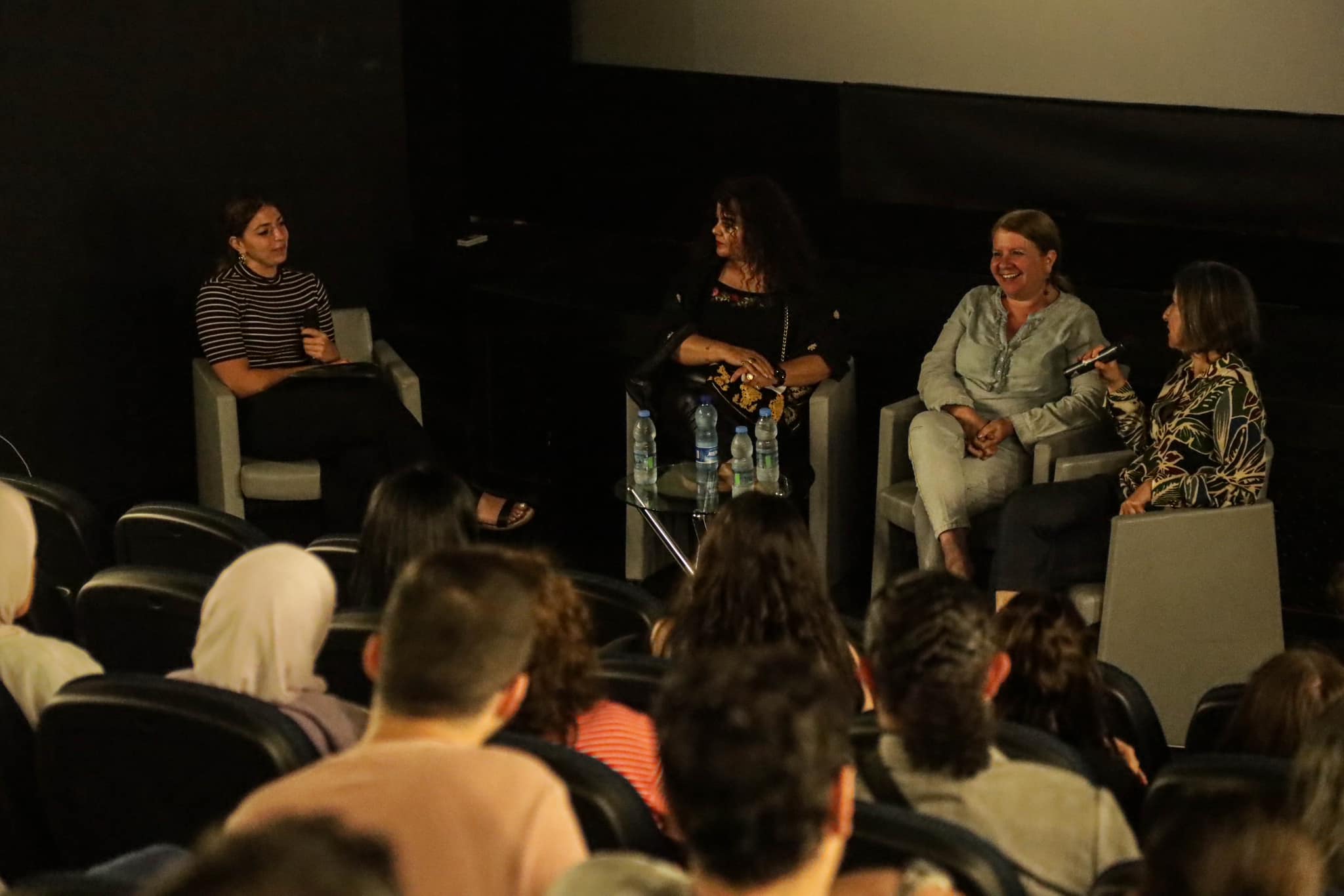
Freedom Films Festival
Palestine | May 2025
The Freedom Films Festival will be held at Yabous, the only remaining professional Arabic cinema in Jerusalem, and will run for two weeks. The festival features daytime film screenings for children and evening screenings for broader audiences. Each screening is followed by discussion panels, complemented by a human rights-themed art exhibition. The exhibition aligns with the themes explored in the films, showcasing works by artists advocating for human rights, freedom of expression, equality, and justice. The festival will attract an estimated 1100 - 1520 visitors in total.
-
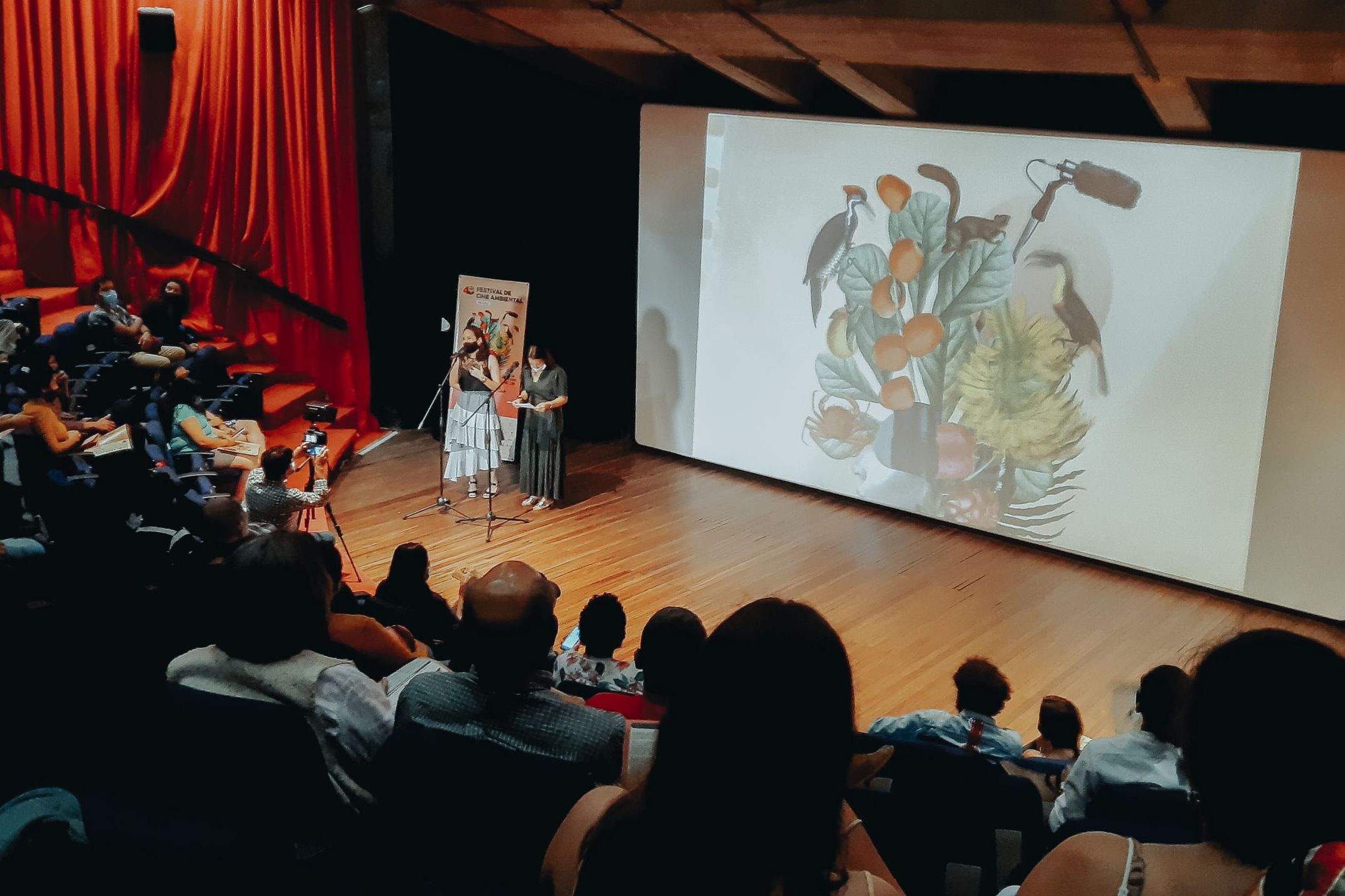
FINCALI (International Environmental Film Festival of Cali)
Colombia | 3 - 11 September 2025
The 6th edition of this biennial environmental film festival in Cali, Colombia, centers on pressing issues such as the climate crisis, energy exploitation, biodiversity, and territorial rights. The festival adopts a hybrid format, featuring both an online platform and in-person screenings. In addition to film showings, it offers Q&A sessions, educational programs, and networking opportunities. The festival is expected to draw approximately 5,700 attendees, with 2,500 participating online and 3,200 attending in person.
-
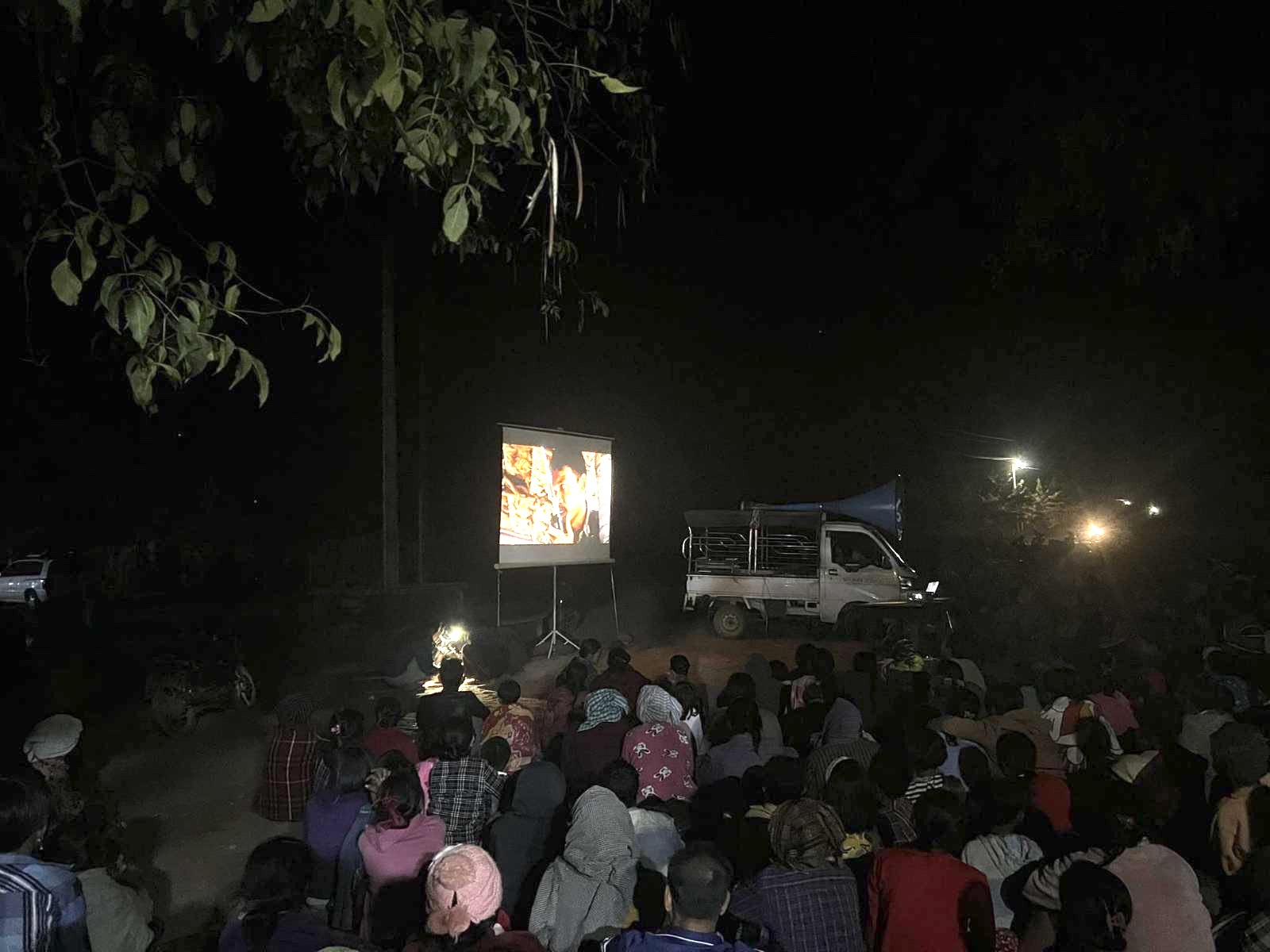
Rights for People – Myanmar Mobile Festival Tour
Myanmar | January - March 2025
The Rights for People – Myanmar Mobile Festival Tour 2 builds upon the success of the initial mobile film festival initiative, expanding its reach and impact. This project is dedicated to delivering compelling audiovisual stories centered on human rights, dignity, and justice to rural and displaced communities in conflict-affected regions of Myanmar, with a focus on the Sagaing and Magway Divisions. Spanning 12 events from January to March 2025, the tour will visit key areas where communities face the most severe effects of ongoing conflicts. The initiative is estimated to attract 2,000 visitors in total.
-
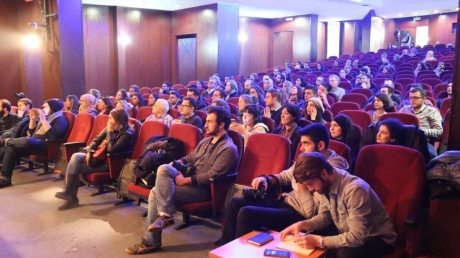
Which Human Rights? Film Festival
Türkiye | 14 - 18 December 2024
The 14th edition of this human rights film festival in Türkiye will take place across five different locations in Istanbul. The impact grant will help address the financial challenges faced by human rights-related events in the country and support the inclusion of Q&A sessions, forums, and panels in the program. This year’s festival will spotlight animal rights as its main theme, alongside issues such as LGBTQIA+ rights, women’s rights, and ecocide. With a focus on engaging younger audiences and students, the festival will screen films at four venues, with an additional venue dedicated to side events. The festival is expected to draw approximately 4,000 attendees.
-
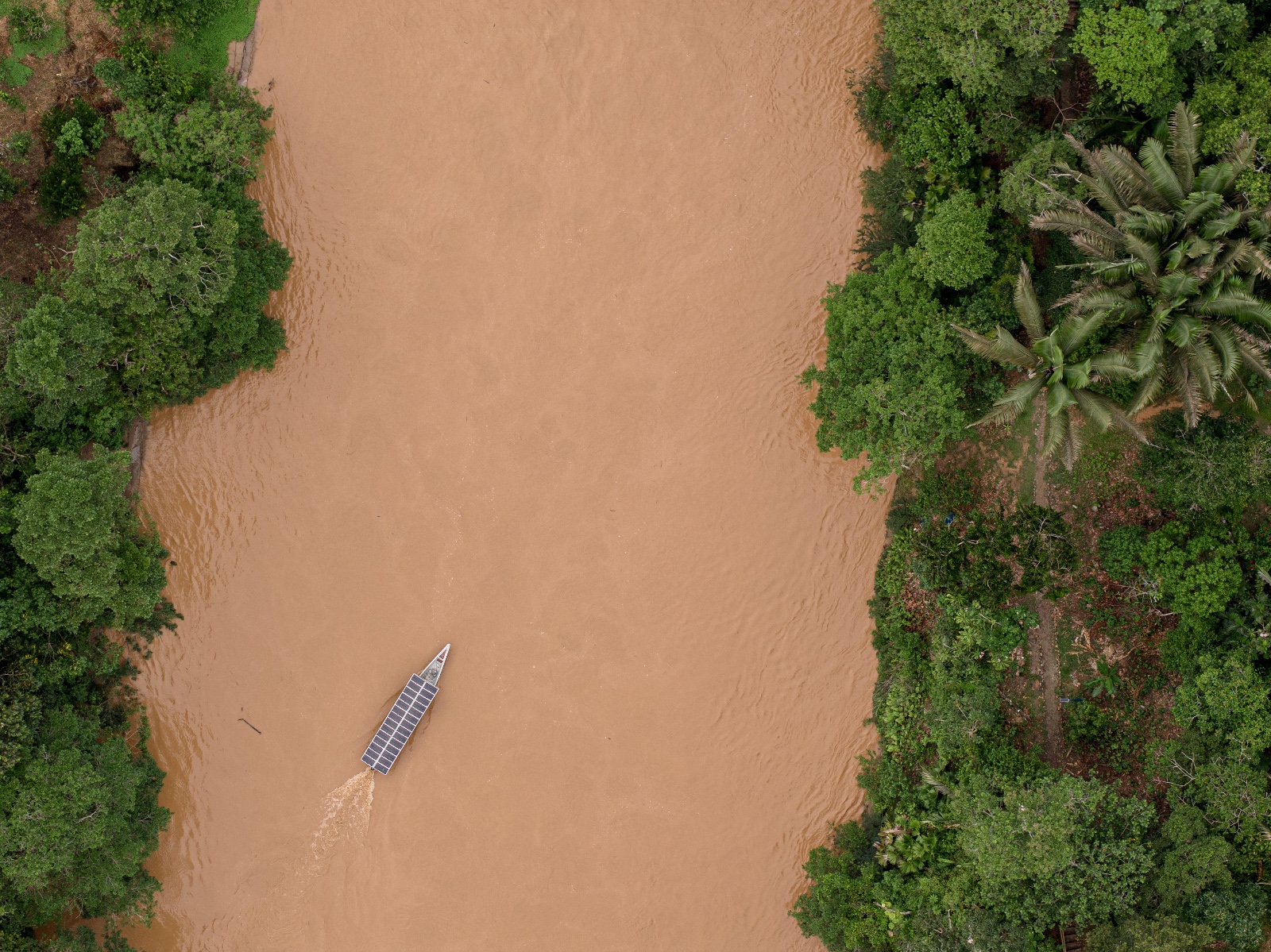
Kanua Festival
Ecuador | 27 November - 6 December 2024
Kanua, the first floating Amazonian film festival, will return for its second edition in November 2024. This unique initiative brings traveling cinema to Indigenous communities in the Ecuadorian Amazon. Kanua operates from a specially designed canoe equipped with solar panels, powering a mobile projection system that eliminates the need for fossil fuels. This allows communities to experience a diverse programme of films, including fiction, documentaries, shorts, and feature films. For this edition, Kanua will visit four different communities in the region, providing access to cinema and connecting it with the Amazon. Screenings will be complemented by Q&A sessions, discussions, and masterclasses with a focus on women in Indigenous filmmaking. The festival will launch in Quito, and is estimated to attract 1,200 visitors in total.
-
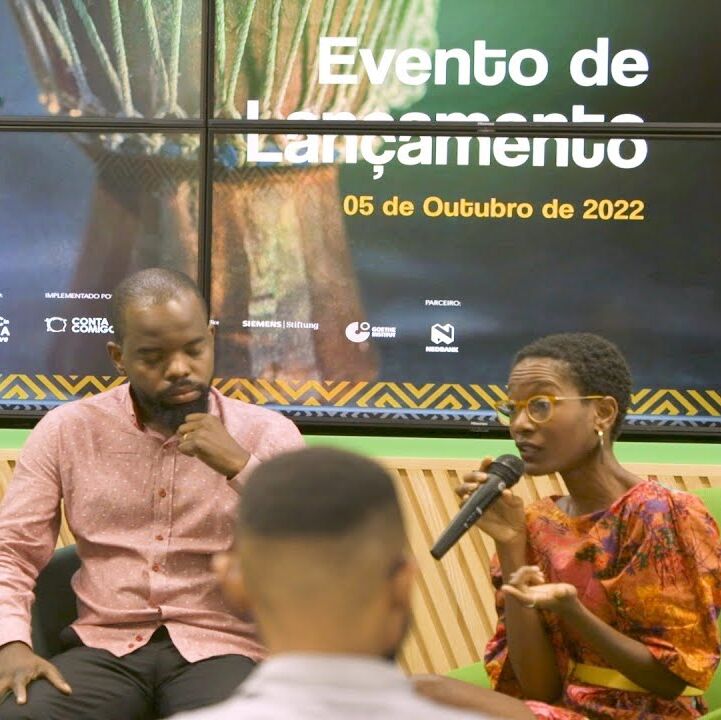
ArtinDev Week
Mozambique | 9 - 12 July 2025
The second edition of this festival in Maputo, Mozambique, will bring human rights films to various communities across the city, accompanied by Q&A sessions, panel discussions, and masterclasses. The initiative aims to foster critical thinking, media literacy, and civic engagement through the power of film. Screenings will be hosted in cultural centers, community spaces, and outdoor venues equipped for mobile, solar-powered sessions. The target audience includes the local film community, students, and educators, with the goal of reaching at least 1,400 attendees.
-
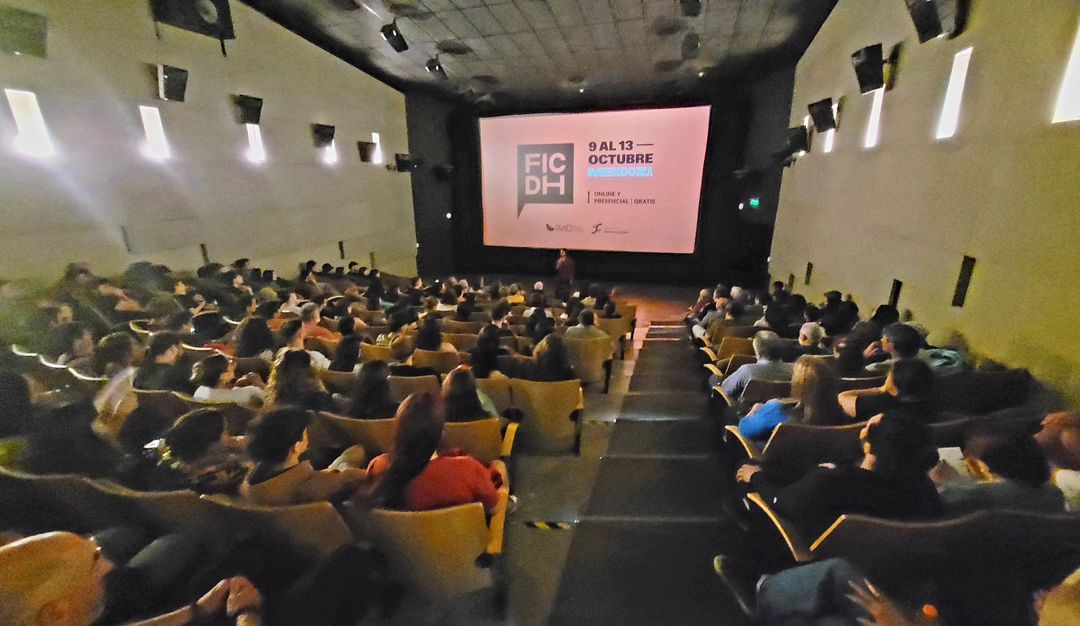
FICDH - International Human Rights Film Festival (Argentina) - Federal Impact Programme: Santiago del Estero Chapter
Argentina | 15 - 21 September 2025
The Buenos Aires Human Rights Film Festival will once again extend its programme to other regions in Argentina, with this edition traveling to the province of Santiago del Estero in the north. Marking its sixth visit to the region, the festival will focus on combating discrimination, targeting schools, students, and young audiences. A total of 20 films will be screened, each followed by Q&A sessions with local experts. The impact grant will support the planning of mobile screenings in rural communities and the development of new educational packages designed for teachers to use in schools. The project is expected to reach about 4,600 people.
-
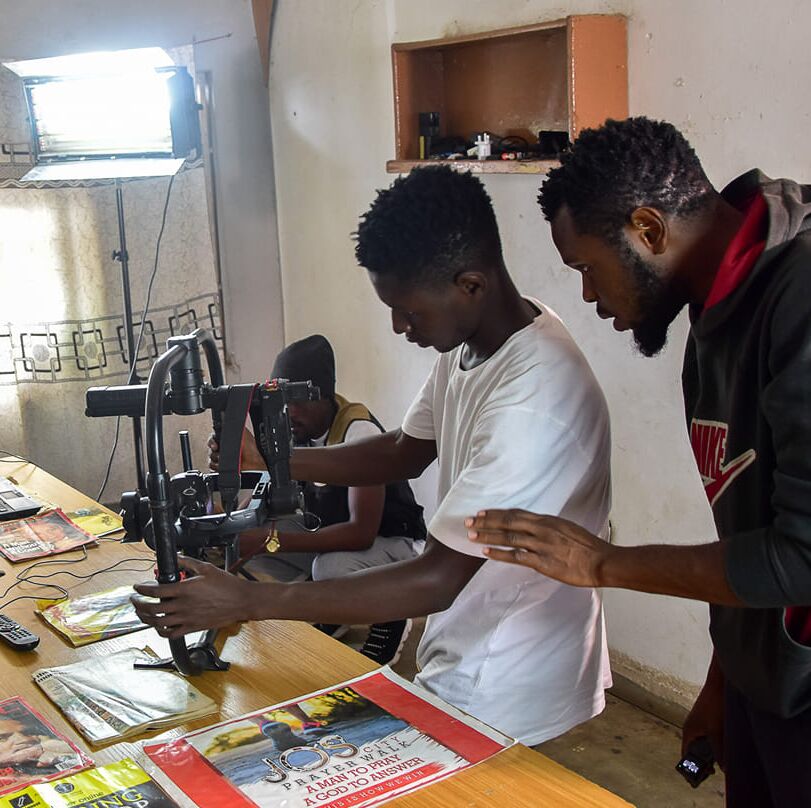
Taraba Human Rights Film Festival (TAHRIFF)
Nigeria | 24 - 28 September 2025
The inaugural edition of the Taraba Human Rights Film Festival (TAHRIFF) will take place in Jalingo, North Eastern Nigeria. Through film screenings, Q&A sessions, and dialogues, TAHRIFF aims to engage diverse audiences while amplifying marginalized voices and stories, particularly those of women and minority groups. The five-day festival begins each day at brunch and continues into the evening, featuring screenings of short films and documentaries, followed by thought-provoking panel discussions and interactive Q&A sessions. The festival is estimated to attract 4,500 visitors in total.

